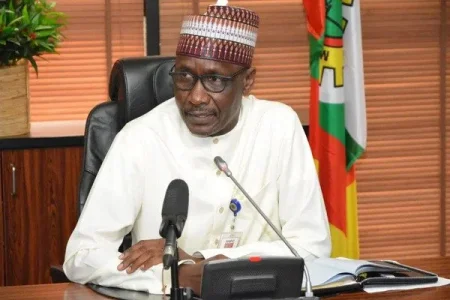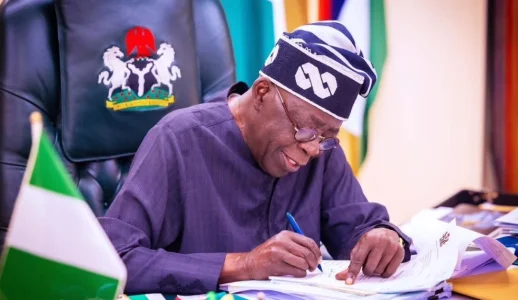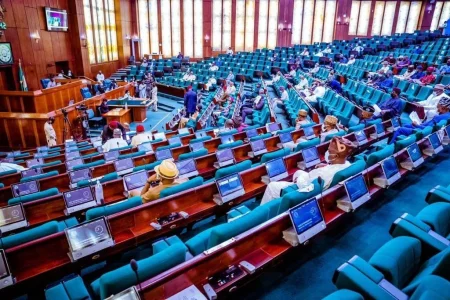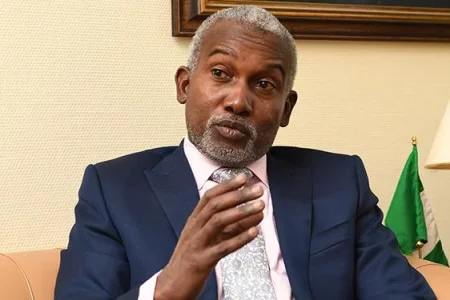
President Bola Tinubu has dismissed Mele Kyari as NNPC CEO and appointed Bayo Ojulari as his replacement in a major shake-up. The move aims to boost efficiency and investor confidence. Ahmadu Musa Kida was named non-executive chairman, and six non-executive directors were appointed to represent Nigeria’s geopolitical zones.
In a bold move to revamp Nigeria’s oil sector, President Bola Tinubu has dismissed Mele Kyari as the Group Chief Executive Officer of the Nigerian National Petroleum Company (NNPC) Limited and reconstituted its board with new leadership. The decision, announced on April 2, 2025, is aimed at improving operational efficiency and strengthening investor confidence in the country’s petroleum industry.
Bayo Ojulari, a seasoned oil and gas executive, has been appointed as Kyari’s replacement, while Ahmadu Musa Kida takes over as the company’s non-executive chairman. The restructuring also includes the appointment of Adedapo Segun as the Chief Financial Officer (CFO).
According to a statement from presidential spokesperson Bayo Onanuga, the move aligns with Tinubu’s commitment to making NNPC a globally competitive and commercially viable entity. The decision was made under the authority granted by the Petroleum Industry Act (PIA) 2021, which empowers the president to oversee changes in the leadership of the state-owned oil giant.
To ensure balanced regional representation, Tinubu has also appointed six non-executive directors from Nigeria’s geopolitical zones:
- Bello Rabiu (North-West)
- Yusuf Usman (North-East)
- Babs Omotowa (North-Central)
- Austin Avuru (South-South)
- David Ige (South-West)
- Henry Obih (South-East)
With Nigeria facing persistent challenges in oil production, subsidy removal, and dwindling foreign investments, all eyes are now on Ojulari and his team to deliver tangible results that will reshape the future of the country’s petroleum industry.




